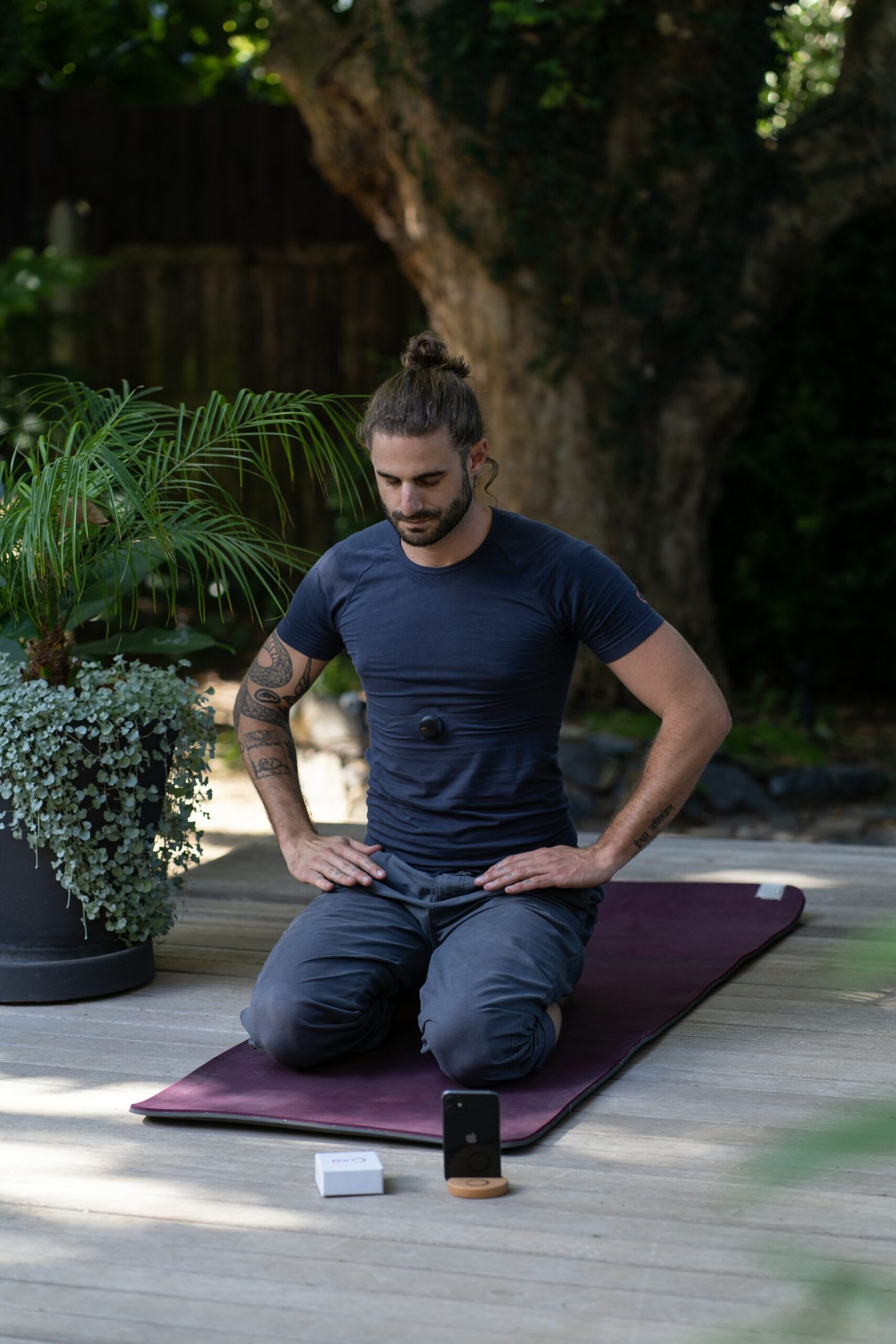Listening to Your Body: The Messages Beneath Our Frustrations
Have you ever paused to truly listen to your body and what it might be trying to tell you? Often, the parts of ourselves that frustrate us the most are actually sending important messages, urging us to make changes that could lead to a healthier, happier life. Imagine if those nagging aches or stubborn areas of discomfort are just gentle reminders to adjust how we eat, move, or even think. Whether it’s a call for more hydration, a plea for movement, or simply a need for mindfulness, our bodies are insightful communicators waiting to guide us. As we delve into the fascinating world of body communication, let’s explore how embracing these messages can enhance our well-being and empower a stronger mind-body connection.
Understanding Body Communication
Our bodies are constantly sending us messages, but are we listening? Let’s explore how to decode these signals and recognize the subtle whispers our bodies use to communicate with us.
The Body as a Communicator
Instead of fixating on body parts you might not love due to their appearance or how they feel, consider the possibility that your body is a magnificent vehicle of communication. Each ache, each discomfort could be a gentle nudge, awakening you to the amazing human you truly are. True, the body doesn’t possess a voice, yet its signals reveal quite clearly whether it’s pleased or displeased with the choices we make. It’s our responsibility to tune into these signals, rather than simply brushing them aside.
Decoding Body Signals
Body signals can range from obvious to subtle. Understanding these cues is crucial for maintaining our health and well-being. Physical sensations like hunger, thirst, or fatigue are straightforward signals. However, our bodies often communicate in more nuanced ways. For example, persistent headaches might indicate stress or dehydration, while recurring digestive issues could signal food sensitivities or anxiety.
Learning to interpret these signals accurately can lead to better health decisions and a more harmonious relationship with our bodies.
Heed the Whispers
Just think: if our bodies “whisper” to us when change is needed, what happens when we ignore those whispers for too long? That’s correct, it might eventually roar! While it’s easy to despair when that roar becomes evident, take heart! The body has an extraordinary ability to heal and regulate itself. The key lies in learning how to decipher the messages being sent our way. This is what many seek to explore in our conversations about health and well-being—decoding what your body is earnestly trying to communicate.
Listening to Your Body’s Messages
Listening to your body is a skill that can be developed over time. It requires patience and practice. Start by taking regular pauses throughout your day to check in with your body. How does it feel? Are there any areas of tension or discomfort?
Pay attention to patterns. Does a certain food always make you feel sluggish? Do you feel energized after a particular type of exercise?
By consistently tuning in, you’ll become more adept at understanding what your body is trying to tell you.
Developing Self-Care Practices
Self-care is essential for maintaining good health and responding effectively to our body’s messages. It’s about taking deliberate actions to support our physical, mental, and emotional well-being.
Effective self-care practices might include:
- Regular exercise tailored to your body’s needs and preferences
- A balanced diet that nourishes your body and makes you feel good
- Adequate sleep and rest periods
- Stress-management techniques like deep breathing or journaling
- Regular health check-ups and preventive care
- Regular exercise tailored to your body’s needs and preferences
- A balanced diet that nourishes your body and makes you feel good
- Adequate sleep and rest periods
- Stress-management techniques like deep breathing or journaling
- Regular health check-ups and preventive care
Remember, self-care looks different for everyone. The key is to find practices that resonate with you and make them a consistent part of your routine. By prioritizing self-care, you’re not only taking care of your immediate needs but also building a foundation for long-term health and well-being.




